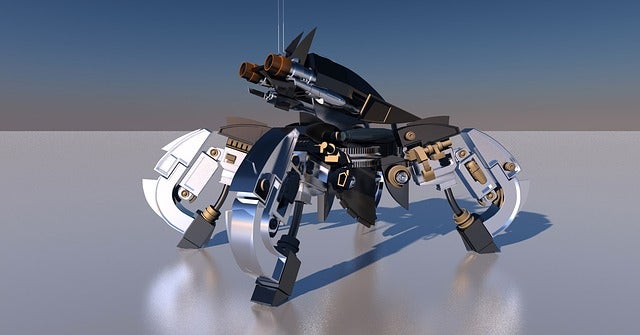
Concept: French company Euveka has launched scalable robot mannequins that can reproduce an infinite number of morphologies. This robotic and AI fit solution is compatible for all brands, allowing for instant improvements for fit in all sizes, from manufacturing to retail.
Nature of Disruption: The mannequin is made of silicon and textile fabrics, and it uses data management software to control various functions. It uses morphology and biomimicry-based robotic technology. The system scans a person and records all of their parameters. The mannequin can be adjusted to a variety of sizes ranging from 36 to 46 to make a garment prototype in the exact size of the client or the morphology of the target market. On all size grids and fits, model builders can test and evaluate the well-fitting, depicting the products in development. Model manufacturers can work more efficiently by employing the Mimeo software, which allows the robot dummy to be converted from one morphotype to another in less than 90 seconds. This phygital solution can help all textile industries migrate to a more environmentally friendly state. Moreover, it can optimize the recommendation of products of various sizes using its data collection system. The solution can minimize the number of prototypes, thus reducing textile waste, promoting environmental concerns and circular economy principles.

Discover B2B Marketing That Performs
Combine business intelligence and editorial excellence to reach engaged professionals across 36 leading media platforms.
Outlook: The garment production industry faces challenges related to fine-tuning a size based on a specific fabric or body type. Textile industries are undergoing strategic shifts, including the rejection of the thinness diktat, personalization of garments, and the development of tech and ethical fashion. Euveka’s smart mannequin intends to transform the textile business by bringing morphological data upstream in the manufacturing process, resulting in fewer returns and unsold inventory. Thus, it can optimize product production until it has been sold, including personalization at each stage of apparel manufacture and optimal quality control on a new growth model based on the reduction of unsold products rather than volume. The company expects to reduce the number of unsold products and consumer returns caused by garments that don’t fit properly with its robot mannequins. This solution of connected mannequins promotes customer-friendly fashion, as well as environmentally sustainable practices.
This article was originally published in Verdict.co.uk





